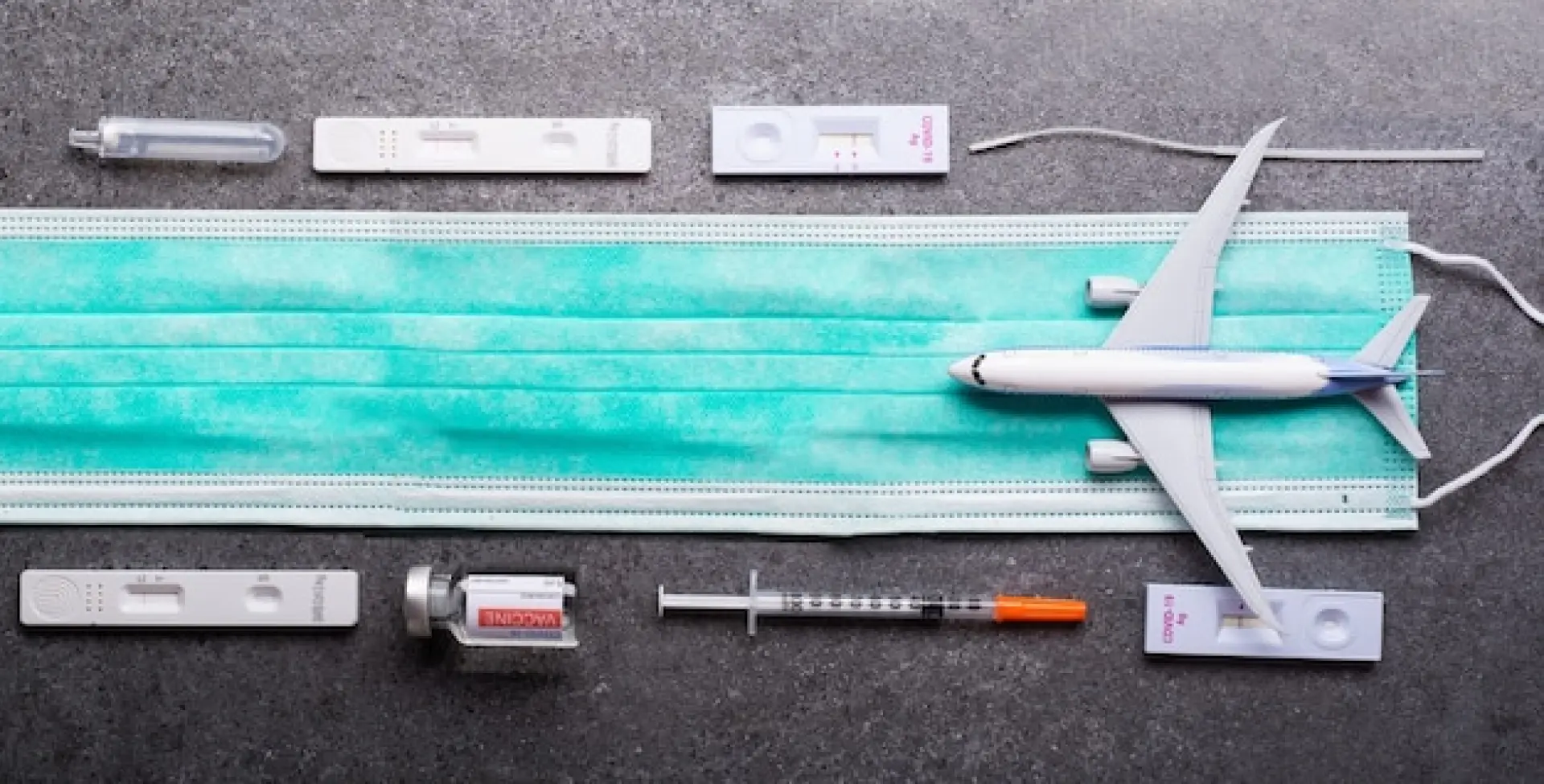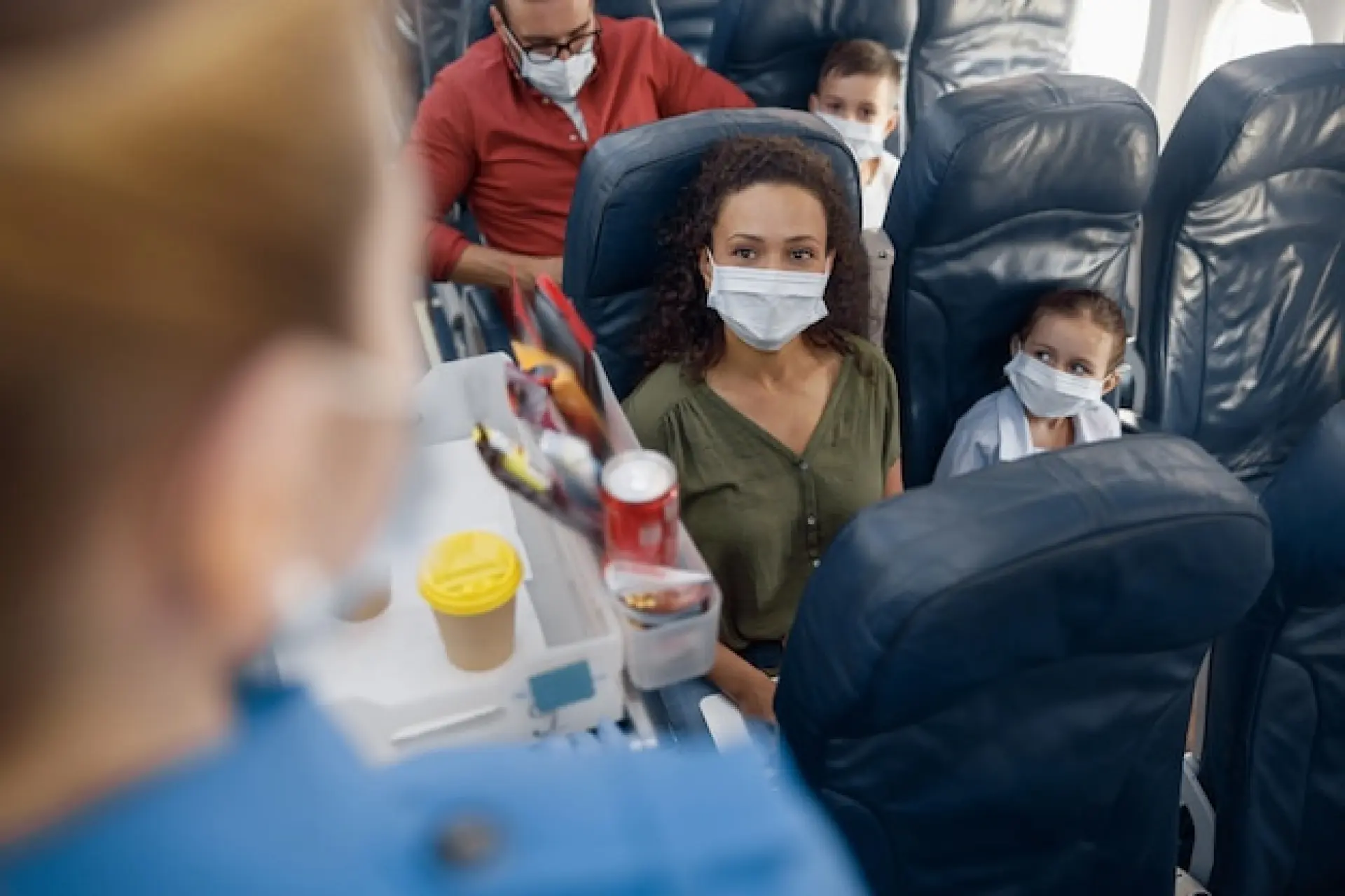What Are Medical Repatriation Flights? Learn about how they aid patients in need of transport back to their home country due to medical emergencies. Ensuring safe journeys with continuous care.
When Is Medical Repatriation Needed?
Medical repatriation is required when a person needs to be transported back to their home country due to illness, injury, or medical instability while abroad. This service is essential for individuals who are unable to travel on standard commercial flights due to their condition. It may be needed after an accident, sudden illness, or for ongoing medical treatment that cannot be provided in the current location.
Medical repatriation is often arranged when local healthcare facilities are inadequate or when specialised treatment is only available at home. It ensures safe and efficient transportation, reducing risks and providing continuous medical care during the journey. Insurance companies, hospitals, and private providers can facilitate these services based on medical needs.
Types of Medical Repatriation Flights
Medical repatriation flights vary depending on the patient's condition and the level of care required. The most common options include air ambulance flights, which use specially equipped aircraft with medical teams for critically ill patients. Another option is a stretcher service on commercial airlines, where a patient travels with medical staff and equipment in a designated section of the aircraft. Some patients may qualify for medical escort services, where a trained professional accompanies them on a standard flight, providing assistance as needed. The choice of transport depends on the severity of the condition, the distance to be covered, and medical needs during the journey. Each option ensures patient safety while maintaining medical support throughout travel.

These aircraft are equipped with intensive care units, ventilators, cardiac monitors, and medication to support patients in critical conditions. They are staffed by specialist medical teams trained to handle emergencies mid-flight.
In less urgent cases, commercial airline stretchers offer a cost-effective alternative, though they require advance booking and airline approval. Medical escorts, often used for stable patients, can assist with mobility, medication management, and medical monitoring. Repatriation decisions depend on factors such as the urgency of care and financial considerations.
How Medical Repatriation Works: Step-by-Step Process
Medical repatriation follows a structured process to ensure patient safety and smooth transportation. First, a medical assessment is conducted to determine the most suitable transport method. Next, travel arrangements, including aircraft booking and necessary medical equipment, are organised. A dedicated medical team is assigned to oversee patient care. The patient is then safely transferred from the hospital or location to the airport, where they board the chosen flight.
Throughout the journey, continuous monitoring and medical support are provided. Upon arrival, ground transportation is arranged to take the patient to a hospital or home. Every step is carefully managed to minimise risks and ensure the patient's condition remains stable.
Who Provides Medical Repatriation Services?
Medical repatriation services are offered by specialised companies, insurance providers, and some healthcare organisations. Private medical repatriation companies operate globally, arranging flights, medical teams, and transport logistics. Travel insurance providers may include repatriation in their policies, covering costs for those with appropriate coverage.
Embassies and consulates can also assist in coordinating repatriation in emergencies. Hospitals and medical facilities sometimes work with repatriation providers to ensure safe transfers for patients needing further treatment at home. These services vary in cost and availability, but all aim to deliver secure, medically supported transport for those in need.

Private repatriation companies typically offer end-to-end services, including medical assessments, flight bookings, and in-transit care. They coordinate with hospitals, families, and insurers to ensure a smooth transfer. Some insurance providers work with specific repatriation firms, allowing policyholders access to pre-arranged transport options, which can significantly reduce costs.
Public health authorities may also organise medical evacuations during emergencies, particularly for citizens in remote or conflict-affected areas. The level of service provided varies, with some companies offering VIP medical repatriation, which includes enhanced comfort, personal medical teams, and faster transport. Regardless of the provider, all medical repatriation services prioritise patient safety, ensuring proper medical supervision and seamless logistics from start to finish.
The Role of Medical Staff During Repatriation
Medical staff play a crucial role in ensuring the patient's safety and comfort throughout the repatriation process. Doctors, nurses, and paramedics provide continuous care, monitoring vital signs, administering medication, and responding to any medical emergencies. They assess the patient before travel, ensuring they are stable enough for the journey.
During transit, they use specialised medical equipment, such as ventilators and monitoring devices, to maintain patient health. Medical staff also coordinate with hospitals at both departure and arrival points to ensure a seamless transfer. Their expertise is vital in handling medical complications and making necessary adjustments to care during the flight.
Call today for medical repatriation flights from Spain. We offer medical repatriation by air from Costa Del Sol, Costa Blanca, Catalonia and all Spanish locations.

